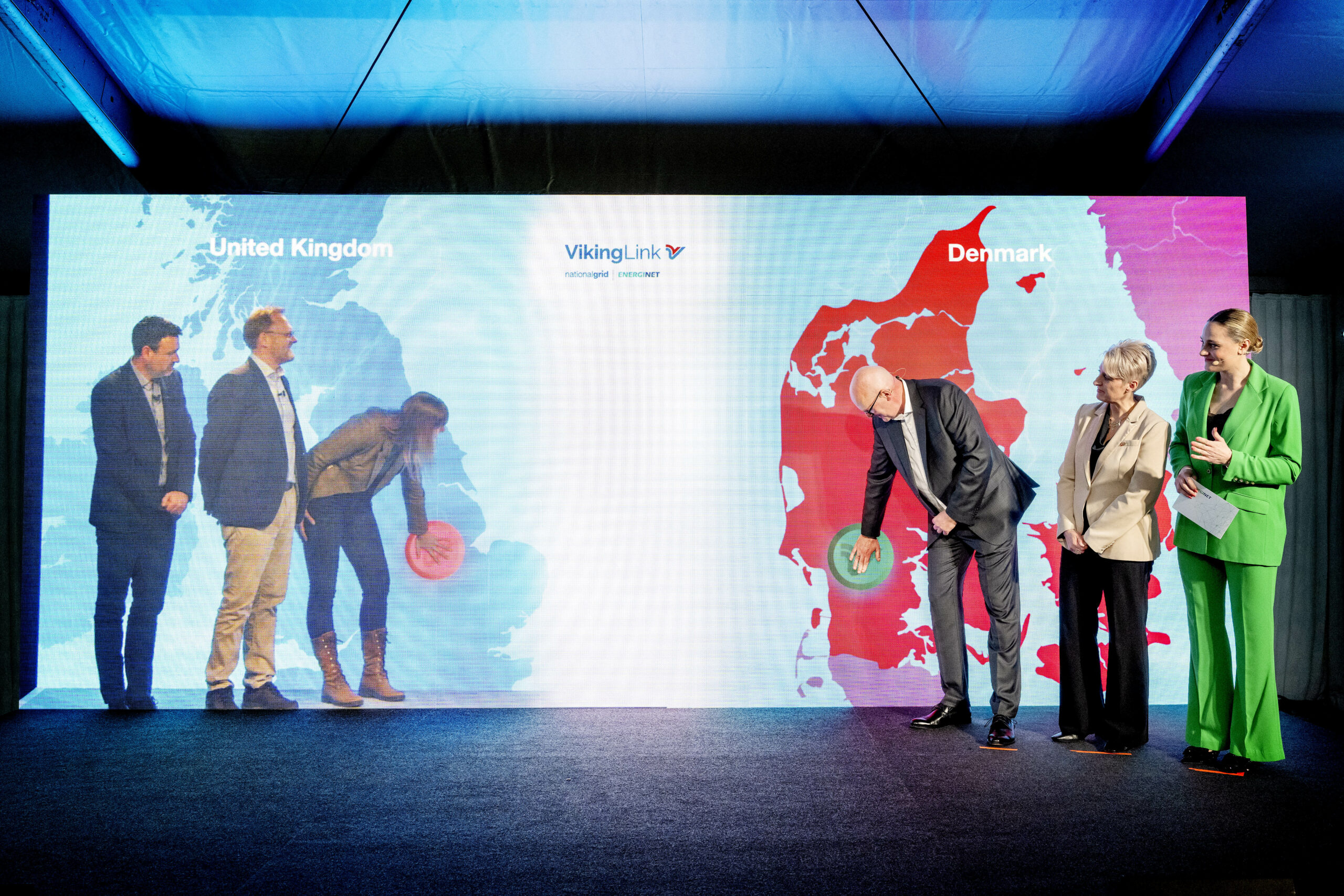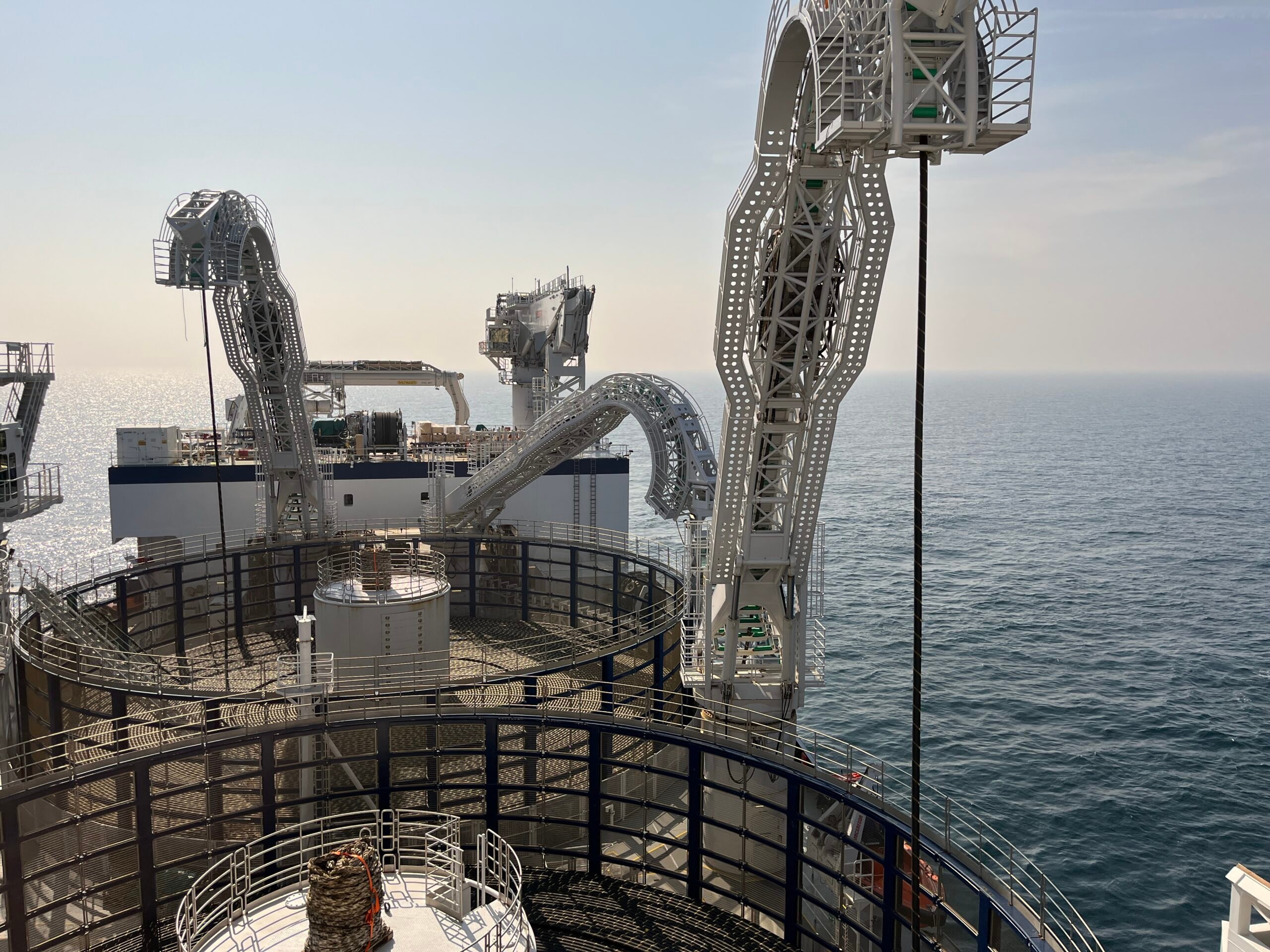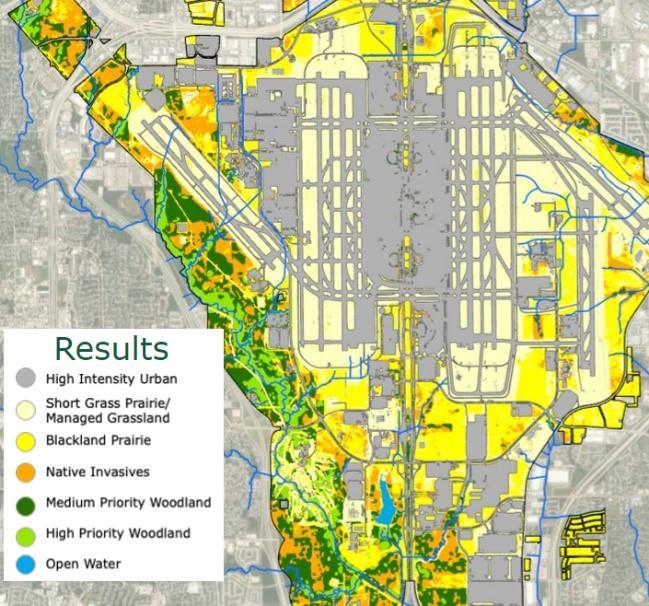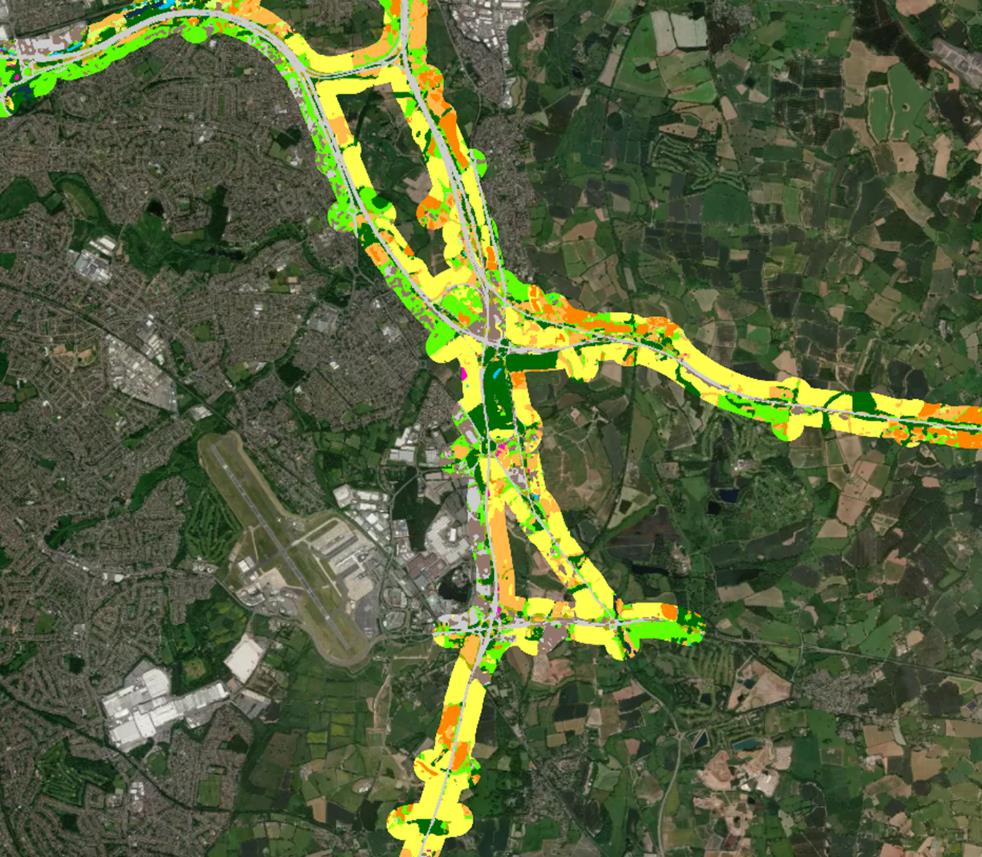News
The Danish government ends oil and gas exploration and drilling on land


The recent application to search for oil and gas on Lolland-Falster was rejected due to concerns within the local community. Minister for Energy, Utilities and Climate Lars Chr. Lilleholt (V) has now closed the permit application for exploration and recovery of oil and gas on land and in the inland waters of Denmark.
-For the Danish government, it is crucial that there is local and national support for its energy and climate policy, whether it concerns oil and gas exploration or the layout of, for example, wind turbines. We listen to local concerns and we want to give citizens the opportunity to be heard and influence the process. By closing oil and gas exploration, we clearly demonstrate to the Danes that they no longer have to worry about drilling for oil and gas in their local areas. This applies especially to Lolland-Falster, where there is currently a great deal of concern. They can now breathe easy, states Minister for Energy, Utilities and Climate Lars Chr. Lilleholt (V).
-Related news: Renewable Energy is the First Choice in a World in Transition
In the future, oil and gas exploration will be focused on the North Sea where there is still a great potential which can support the government's ambitions for a green energy transition in Denmark.
The government will present its energy plan in the spring, which will contribute to the green transition towards 2030.
-It is time to end drilling for oil, gas and shale gas on land and in the inland waters of Denmark. We are making a statement that oil and gas exploration on land belongs to the past. In the future, all exploration and drilling for oil and gas will take place in the North Sea where there continues to exist a significant potential. This guarantees revenue to the state, to the benefit of our welfare and prosperity, and constitutes an important financial support for the government's aspirations to bolster Denmark's green energy transition, states Minister for Energy, Utilities and Climate Lars Chr. Lilleholt (V).
-Related news: The International Energy Agency: The Green Transition is Underway
Facts
-Investigations for oil and gas have been carried out on land and inland waterways in Denmark for 70 years, but they have never led to the discovery of sources of commercial value.
-Since the establishment of the current open door procedure for oil and gas in 1997, 27 permits have been issued (including 17 on land and inland waters). All permits have been returned because it was not been possible to find oil or gas of commercial importance.
-There is currently only one pending application for exploration for oil and gas on land in Denmark. It is from a Dutch company that has applied for permission to investigate on Lolland-Falster. With the government's recent decision, the application will now be rejected.
-GEUS (Geological Survey of Denmark and Greenland) and the Danish Energy Agency have made an updated assessment of the oil and gas potential on land and in the inland waters. They deem that there are no potential sources of societal significance on land in Denmark.
-Only two areas in Denmark possess a potential for oil and gas on land and inland waters. The first area is in South Denmark, where the potential is estimated to be limited and uncertain. The second area is North Jutland, where discoveries of significant societal importance are unlikely. However, these estimates contain uncertainties. Thus, it is not possible to deny with absolute certainty that it may be possible to find oil and gas sources of commercial value on land and in the inland waters of Denmark.
-The decision means that all future exploration and extraction of oil and gas in Denmark will be limited to the North Sea where there is a significant potential.
Contact
Press Chief, Jesper Caruso
Phone: 41 72 91 84
Email: [email protected]
-Source: Danish Energy Agency















